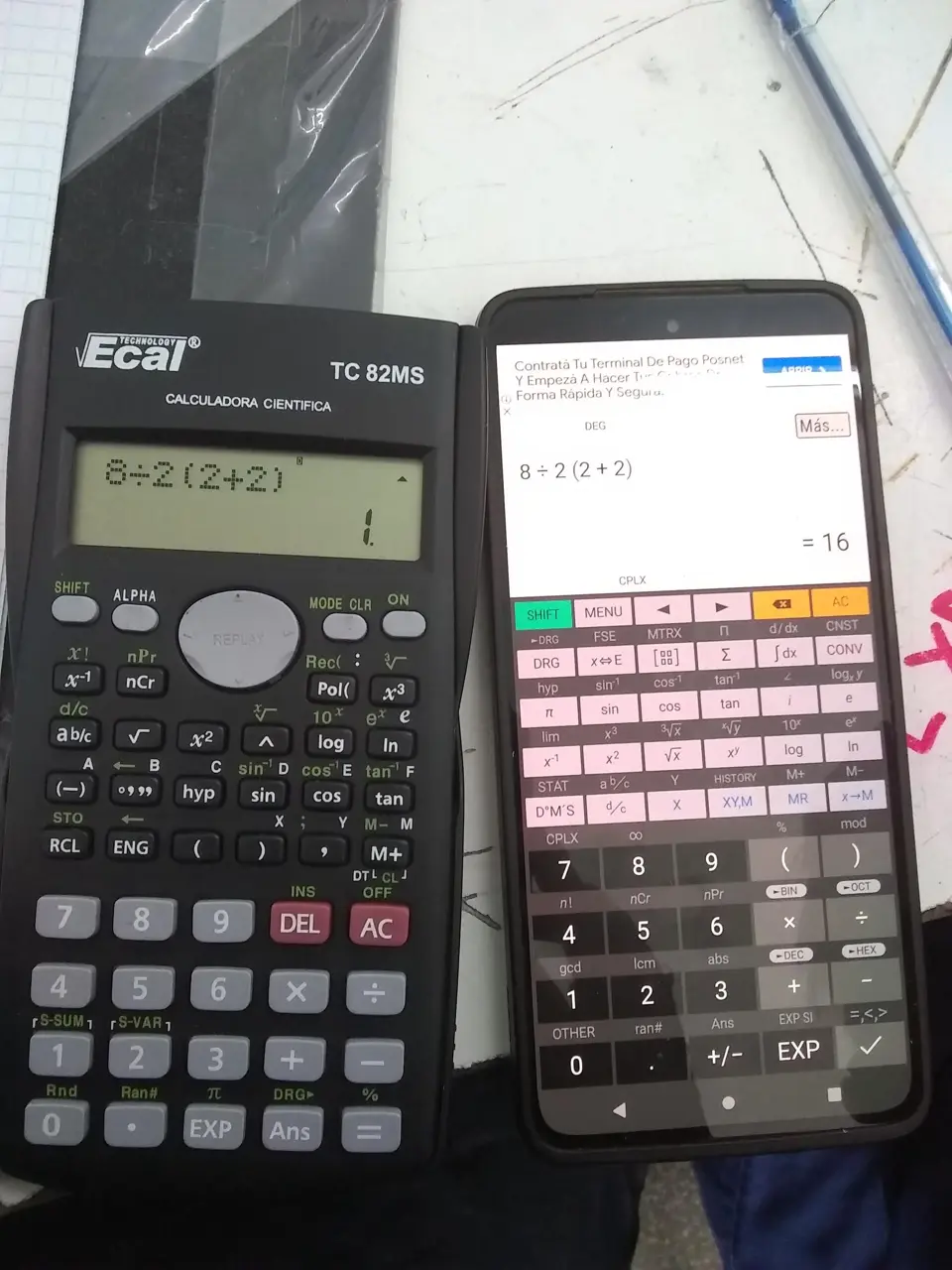this post was submitted on 03 Dec 2023
421 points (99.8% liked)
196
17884 readers
533 users here now
Be sure to follow the rule before you head out.
Rule: You must post before you leave.
Other rules
Behavior rules:
- No bigotry (transphobia, racism, etc…)
- No genocide denial
- No support for authoritarian behaviour (incl. Tankies)
- No namecalling
- Accounts from lemmygrad.ml, threads.net, or hexbear.net are held to higher standards
- Other things seen as cleary bad
Posting rules:
- No AI generated content (DALL-E etc…)
- No advertisements
- No gore / violence
- Mutual aid posts are not allowed
NSFW: NSFW content is permitted but it must be tagged and have content warnings. Anything that doesn't adhere to this will be removed. Content warnings should be added like: [penis], [explicit description of sex]. Non-sexualized breasts of any gender are not considered inappropriate and therefore do not need to be blurred/tagged.
If you have any questions, feel free to contact us on our matrix channel or email.
Other 196's:
founded 2 years ago
MODERATORS
you are viewing a single comment's thread
view the rest of the comments
view the rest of the comments

https://people.math.harvard.edu/~knill/pedagogy/ambiguity/index.html
The problem is that BIDMAS and its variants are lies-to-children. Real mathematicians don't use BIDMAS. Multiplication by juxtaposition is extremely common, and always takes priority over division.
Nobody in their right minds would saw 1/2x is the same as (1/2)x. It's 1/(2x).
That's how you get 1. By following conventions used by mathematicians at any level higher than primary school education.
The problem is the /. Usually you'd use a fraction bar, which groups it and makes it unambiguous
There are plenty of contexts where writing in a single flat line is necessary, so it's still useful to address the issue.
Just using more brackets is always a solution, but it can become messy and hard to read if you take it to the extreme (there's a Minute Physics video where he does this and it unintentionally shows you just how bad it is), so it eventually becomes a matter of agreeing on convention and using brackets judicially where there's actual ambiguity.
Division (operator) and fraction bar (grouping symbol) aren't the same. It already is unambiguous.
I only minored in math but I definitely see (1/2)x. That's how I always entered polynomials into my ti-83 plus
Edit for clarity: I'd enter "1/2x", as in 0.5x. Casio people have to use parenthesis or explicit multiplication though
Source? I have a hard ass time believing that nobody in their right mind would do pemdas the way you're supposed to do it xD
The problem is that you're thinking of BIDMAS as a set of hard rules, rather than the set of rough guidelines created in the early 20th century by one random teacher for the purposes of teaching 10-year-olds how to do the level of maths that 10-year-olds do.
This video and this one point to some examples of style guides in academia as well as practical examples in the published works of mathematicians and physicists, which are pretty consistent.
If you want to come up with a hard rule, doing BIJMDAS, adding in "multiplication indicated by juxtaposition" with the J, is a much better way to do it than what you learnt when you were 10. But even that's still best to think of as a handy guideline rather than a hard and fast rule.
That's cool, but still wrong :3
No fr I had no idea that those acronyms weren't the whole picture, I just assumed some mathematicians a long time ago decided how that stuff should be written out and that BEDMAS/PEMDAS/whatever contained all the rules in it. Thank you for the info, Idk why this isn't more widely taught, ig because those acronyms are what all the questions are already written for? It doesn't seem that hard to just teach it as BEADMAS, where the A refers to numbers adjacent to variables
Terms already are taught!
Here is an alternative Piped link(s):
This video
this one
Piped is a privacy-respecting open-source alternative frontend to YouTube.
I'm open-source; check me out at GitHub.
Cajori (1928) for starters, plus any old Year 7 Maths textbook, any era (we know from Lennes letter that textbooks were already doing this in 1917).
Actually the only way to get 16 is to ignore one of more rules of Maths - sometimes it's Terms, sometimes it's The Distributive Law, but always something. If you follow all the rules of Maths you get 1.
That's cool, but still wrong :3
Exactly, explicit multiplication is part of the parenthesis so it comes first in order of operations
Yeah nah. Actual Maths textbooks and proofs - did you not notice the complete lack of references to textbooks in the blog? It's funny that he mentions Cajori though, given Cajori has a direct reference to Terms #MathsIsNeverAmbiguous
I think I'm gonna trust someone from Harvard over your as-seen-on-TV looking ass account, but thanks for the entertainment you've provided by trying to argue with some of the actual mathematicians in here
So you're going with the appeal to authority argument - ok, got it.
But if you're gonna do that then make sure you check out Cajori's credentials, since that's, you know, who we both quoted.
You mean the dude who claimed to be, and was quoting wikipedia? BWAHAHAHAHA